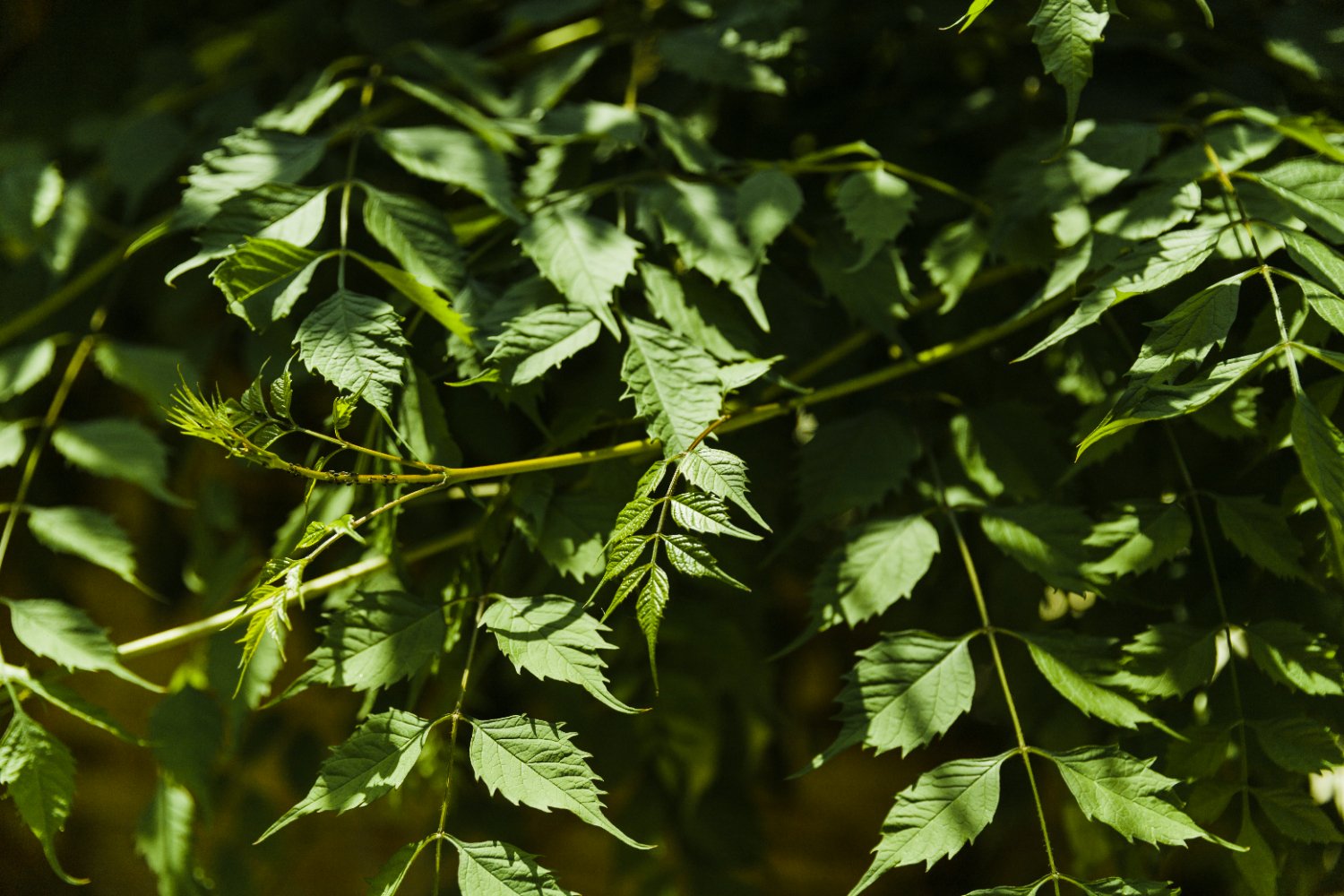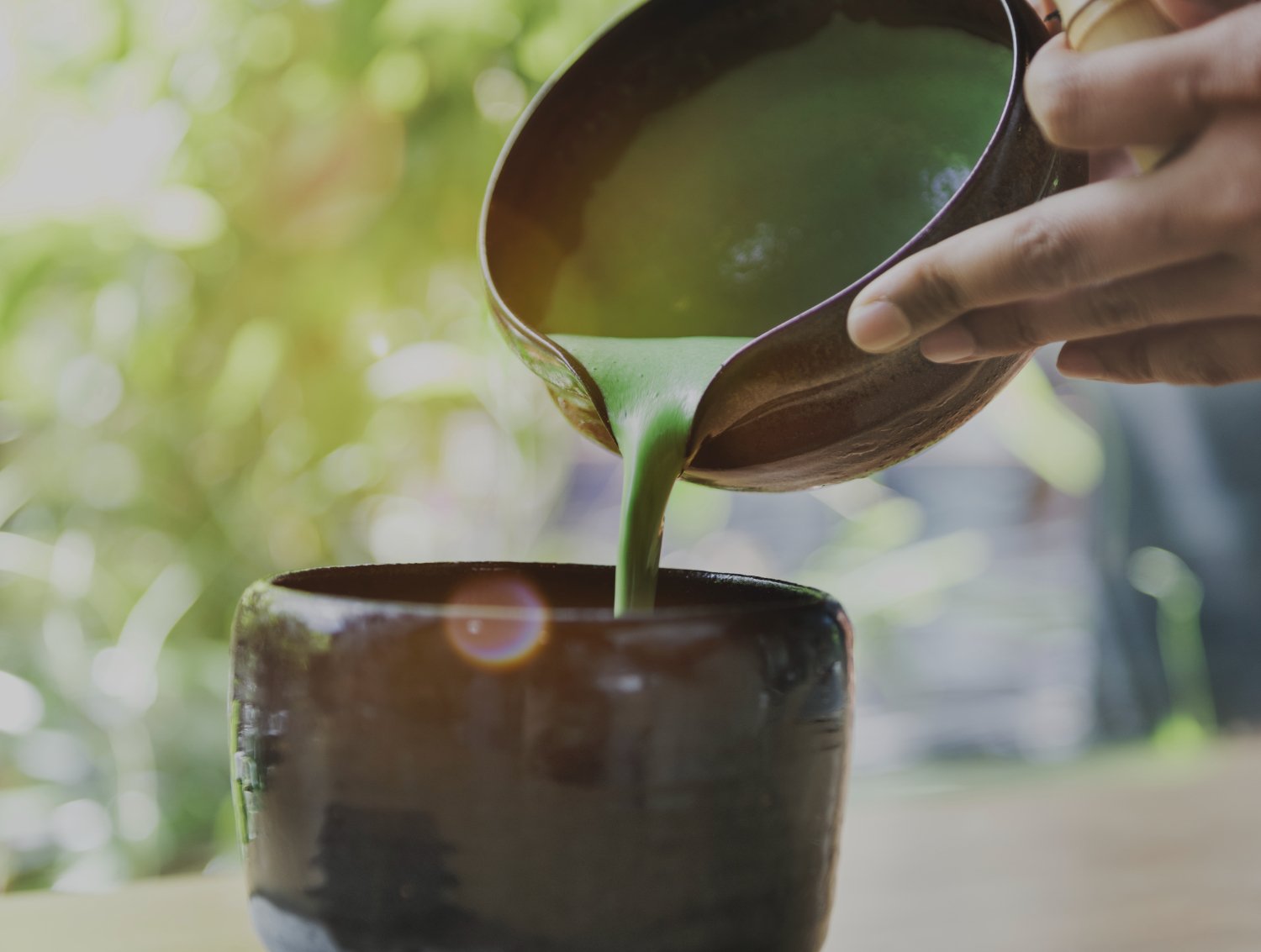Bilberry is a small, dark blue fruit that is closely related to blueberries and has been used for centuries for its medicinal properties. It is renowned for its potential health benefits, including supporting eye health, enhancing circulation, and providing antioxidant protection.
If you're curious about what bilberry can offer, you'll find that it has several advantages. However, it's crucial to be aware of possible side effects and interactions with certain medications before incorporating it into your routine.
This post will explore the benefits of bilberry, its uses, potential side effects, and important safety considerations.
Uses & Effectiveness
Bilberry may support eye health and improve circulation due to its powerful antioxidants. It may enhance vision in low-light conditions and help manage symptoms of eye strain and fatigue, particularly for those who spend long hours in front of screens. The anthocyanins in bilberry may strengthen capillaries and improve blood flow, benefiting both the eyes and overall circulation.
Regular consumption of bilberry may also contribute to improved cardiovascular health, potentially supporting healthy blood pressure levels and reducing cholesterol.
Bilberry can be enjoyed in various forms, such as supplements, tea, or in jams and juices. By incorporating this berry into your diet, you may be taking proactive steps toward better eye health and improved circulation, benefiting your overall well-being.
Side Effects
Bilberry may cause mild side effects in some individuals, including digestive upset, nausea, diarrhea, or an upset stomach, which typically resolve on their own.
In rare cases, bilberry may trigger allergic reactions, with symptoms such as itching, rash, or swelling, particularly around the face or throat. If you experience any of these symptoms after consuming bilberry, you should discontinue use and consult a healthcare professional.
Bilberry may also interact with certain medications, especially those that control blood sugar levels. If you're taking such medications, you should monitor your blood sugar closely, as bilberry may enhance their effects and lead to hypoglycemia.
To minimize the risk of side effects, discussing bilberry with your doctor is advisable, particularly if you're pregnant, nursing, or have underlying health conditions.
Being informed may help you enjoy bilberry's potential benefits while ensuring safety.
Precautions and Warnings
Before using bilberry, consult with a healthcare professional to ensure it's appropriate for your health needs.
Pregnant or breastfeeding individuals should avoid bilberry due to insufficient safety information.
If you have diabetes, bilberry may lower blood sugar levels; monitor your blood sugar closely and consult your healthcare provider.
For those on anticoagulant or antiplatelet medications, bilberry may amplify the effects, increasing the risk of bleeding.
If you have an upcoming surgery, consider stopping bilberry at least two weeks prior, as it may interfere with blood clotting.
Always verify its safety and suitability for your circumstances with a healthcare professional before starting bilberry.
Dosing
When considering bilberry dosing, it's crucial to follow recommended guidelines to ensure safety and effectiveness. A common dosage for adults may range from 160 to 480 mg of bilberry extract, taken in two or three divided doses throughout the day. For dried berries, about 20 to 60 grams per day may be recommended.
If you prefer bilberry tea, steeping 1 to 2 teaspoons of dried berries in hot water for about 10 to 15 minutes may be effective. It's advisable to start with a lower dose to assess your body's reaction before gradually increasing it.
Always consult with a healthcare professional before starting bilberry, particularly if you're pregnant, nursing, or taking medications, as they may provide personalized advice based on your health needs.
Additionally, be aware that side effects such as gastrointestinal discomfort or allergic reactions may occur; discontinue use if any adverse effects arise. By adhering to these guidelines, you may safely enjoy the potential benefits of bilberry.
–
What Is the History of Bilberry in Traditional Medicine?
Bilberry has a rich history in traditional medicine, dating back centuries.
It may have been used in Europe for treating various ailments, particularly eye-related issues. Herbalists may have relied on its leaves and berries to improve vision and combat infections.
During World War II, pilots reportedly consumed bilberry jam to enhance night vision.
This deep-rooted usage may reflect how cultures have valued bilberry for its potential health benefits throughout history.
How Does Bilberry Compare to Blueberries Nutritionally?
Bilberries may have higher concentrations of antioxidants and certain nutrients compared to blueberries. They tend to contain more anthocyanins, which contribute to their deep color, as well as higher amounts of vitamin C and fiber per serving.
While both fruits are healthy and offer similar health benefits, bilberries may provide a bit more nutritional value in specific areas.
Enjoying both can still offer great health advantages!
Are There Any Cultural Uses of Bilberries?
Yes, bilberries may have deep cultural significance in various regions.
In Scandinavian countries, people may gather bilberries for traditional dishes and preserves, celebrating local harvests.
Indigenous communities in North America may also use them in rituals and as food.
You may find bilberries featured in folklore, symbolizing resilience and connection to nature.
Can Bilberry Be Used in Cooking or Baking?
Yes, bilberries may be used in cooking and baking! They add a unique flavor to dishes, whether you're making pies, jams, or sauces.
You may want to try incorporating them into muffins or pancakes for a burst of sweetness. Their vibrant color may also make your desserts visually appealing.
Just remember to adjust the sugar levels, as bilberries may be a bit tart. Enjoy experimenting with this delicious fruit in your recipes!
What Forms of Bilberry Supplements Are Available?
Bilberry supplements may be available in several forms, including capsules, tablets, liquid extracts, and dried fruit.
Each form may offer different levels of convenience, so consider what works best for you.
Capsules and tablets may be easy to take on the go, while liquid extracts may be mixed into drinks.
Dried bilberries may be added to recipes or eaten as a snack for a tasty boost.





